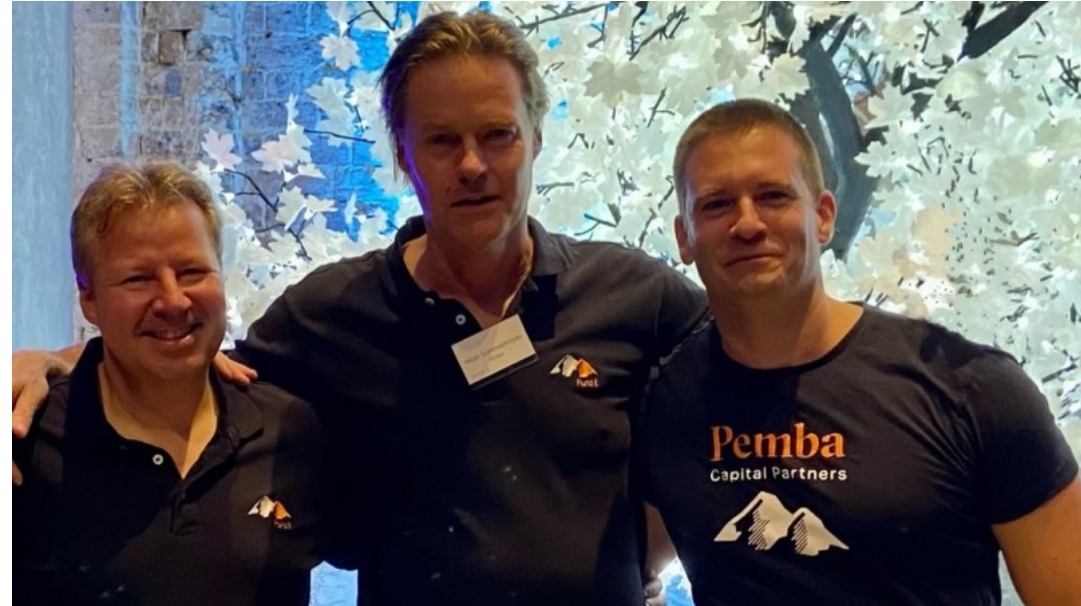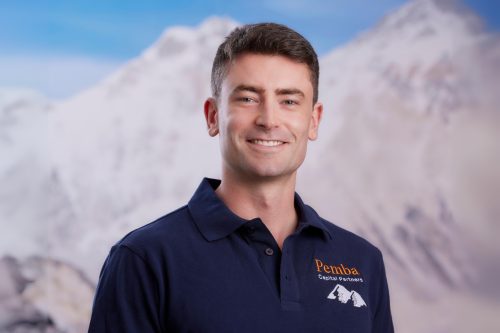Nic Badings
Mark Summerhayes – Managing Director
After graduating from Cambridge University in 1987, Mark spent seven years at Bain & Company advising corporates on a mix of strategy, M&A, and operational improvement projects. He was based in London and Munich. Mark led assignments for leading European players in the FMCG, financial services, telecoms healthcare and industrial sectors.
In 1996 Mark co-founded SB Capital Partners, a private equity partnership, which was backed by Bain Capital, one of the leading US private equity firms. On the back of the success of this venture Bain Capital subsequently launched its first dedicated European buy-out fund. In parallel to this activity, Mark assisted a wealthy Norwegian family build its own portfolio of private equity investments in both early and late stage situations and private equity funds. In 2001 Mark joined Smedvig Capital full time and as a Managing Director was one of the senior executives responsible for investing, managing and reporting on a diversified A$350m private equity portfolio.
Mark moved to Sydney in 2005 to join Pemba Capital Partners and co-led the spin out of the captive fund from Pemba in 2009 and then more recent $650m fundraising (backed by HarbourVest and a group of other global and local LPs) which established the firm as one of the leaders in its segment in Australia and NZ.
You started your career as a consultant at Bain & Company. How do you think a career in consulting helped to shape the way you think about businesses today?
Bain focuses a lot on fundamental industry dynamics and how a company generates gross profits by satisfying customer needs. Experience in unpicking how unique a proposition is versus other offerings is the first benefit of starting out in consulting. Over many projects at Bain, I was fortunate enough to see these dynamics play out in lots of different industries, which means you can efficiently get up to speed on what fundamentally drives profit generation.
When RMB Capital Partners was re-branded to Pemba Capital Partners, what inspired you to go with the word ‘Pemba’, which is a common Sherpa name.
We too went through an expensive re-branding exercise which came up frustratingly short. Striving to help founders to their summit in a ‘Sherpa’ role really resonated as a brand story, but this theme didn’t get us to a new name, let alone an available URL. In the end, it came down to a late night Google search on ‘Sherpa names’. Pemba came up right away as a commonly given name in Nepal.
After working with founders and management teams for nearly 35 years, have you noticed a few common themes amongst the most successful management teams that you have come across?
The most successful leaders seem to have a combination of a realistic vision and a true sense of purpose that has been built on deep experience in their sector. Other key traits include self discipline, enthusiasm and energy. But most critically, the best leaders recognise that it’s about the team, not the individual. They know what they are good at, accept they can only get so far on their own, and are willing to risk their own relevance by hiring strong people. The very best teams are able to develop a “high performing team” culture that gets everyone performing to the very best of their abilities. As we see in sport, a champion team can often humiliate a team of champions.
Finally you also need an element of luck, and some teams do seem to be able to create it by relentlessly keeping at it. There is no substitute for persistent effort.
If you could have dinner with any three people in the world (past or present), who would they be and why?
Bill Browder: An unsung hero in standing up to Putin. His novels, Red Notice and Freezing Order, are must reads. Brave, smart and funny.
My Dutch Grandfather: He died at 46 after sinking a putt on the 18th green. He led a major resistance group in Holland during WWII from a house that was occupied by the Gestapo.
My sons: Max and George.
We both share a passion for Cricket. What are your thoughts on the most recent Ashes series, which was a 2-2 draw?
Feels like everyone was happy with the outcome. The manner in which a couple of amazingly tough Kiwis (in Stokes as Captain and McCullum as Coach) have disrupted the game is a shock to the longest and (in my own opinion), most compelling format of the game. Business leaders can learn a lot from Stokes’ clarity of purpose, bold strategy and leadership by example. Lyon’s injury probably saved their tactical experiment, and it remains a work in progress. I hope for the sake of cricket that the series and tactics set out a path for other teams to follow. Scoring quick runs and being willing to chase in any conditions is something new and exciting.
Book recommendation:
Red Notice and Freezing Order by Bill Browder



